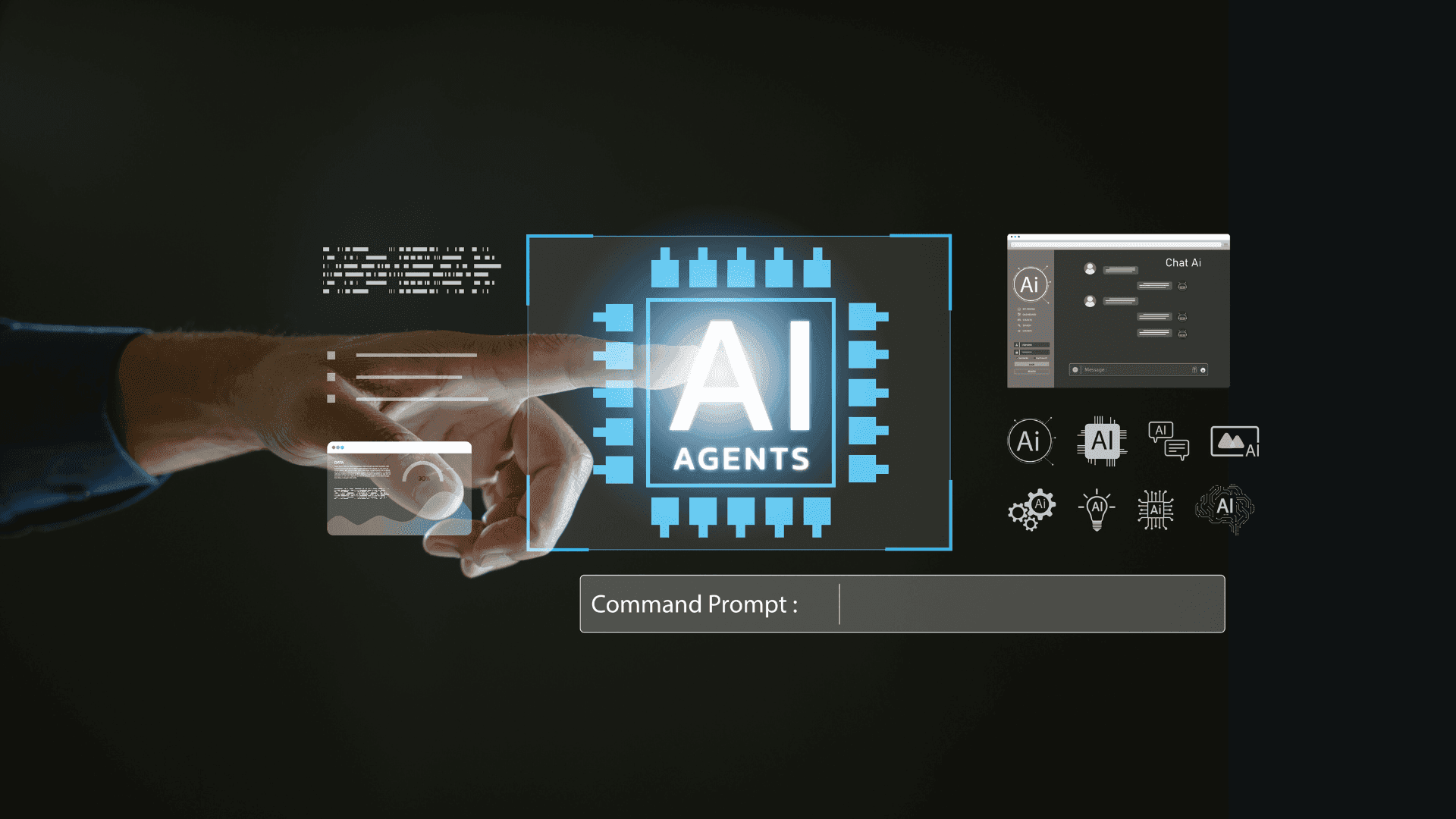Blog
Discover ORBRO’s latest technologies and updates.
All
Location Tracking
Vision AI
Technology Overview
Solutions
Case Studies
Others

Generative AI in Enterprises: A Global Vision and a Breakthrough for B2B Operations
2025-12-02
Technology Overview

Agent vs Chatbot: What’s the Difference and Which Is Best for B2B Enterprises?
2025-11-17
Technology Overview

What Is a Chatbot? A Complete Guide to Benefits, Mechanisms, and Real-World Applications Worldwide
2025-11-09
Technology Overview

AI Agent for Enterprises: The Digital Workforce Reshaping the Future of Operations
2025-11-02
Solutions

What Is AI Automation? A Comprehensive Guide to Reshaping the Future of Enterprise Operations
2025-10-20
Technology Overview

Decoding LLM for Enterprises: Turning Massive Data into a Core Competitive Advantage
2025-10-09
Technology Overview
Solutions

AI for Enterprises: The Comprehensive Answer to Operational Optimization and Revenue Breakthroughs
2025-10-03
Technology Overview
Solutions

What Is an NVR? Advantages of NVR in Surveillance Camera Systems
2025-07-09
Technology Overview

What Is CCTV? Classification and Its Role in the Digital Era
2025-07-08
Technology Overview

What Is Geofencing? What Benefits Can It Bring to Businesses?
2025-07-08
Technology Overview

What Are Logistics and Supply Chain Management?
2025-07-08
Solutions

What Is UWB?
2025-07-08
Technology Overview

What Is Digital Twin? Real-World Applications
2025-07-07
Solutions

What Is IPS? The Role of IPS in Technology
2025-07-07
Technology Overview

What Is Occupational Safety? Practical Measures to Ensure Workplace Safety
2025-07-07
Solutions

What Is a Smart City?
2025-07-07
Solutions

What Is an AI Camera? How Does It Work and What Are Its Benefits?
2025-07-07
Technology Overview
Solutions

What Is AIoT? Concept, Applications, and Classification
2025-07-03
Technology Overview
Solutions